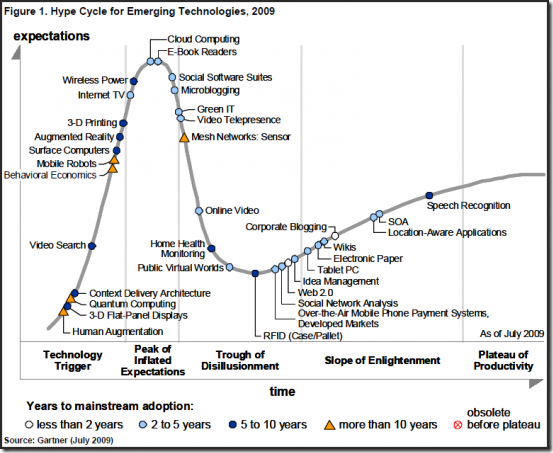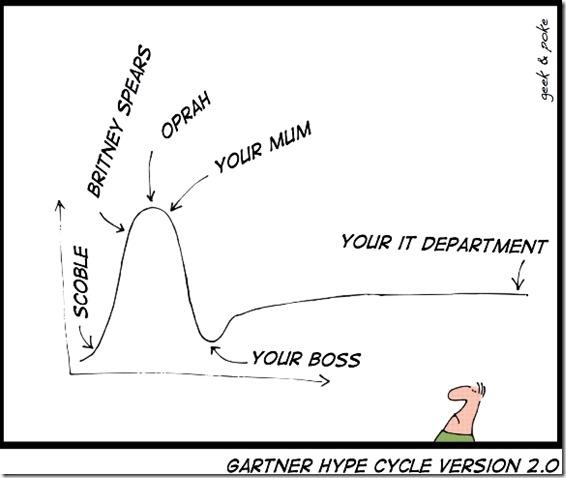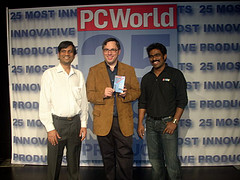 What tax-time, you may ask. It’s April 15th, at least in the US. Wrong: Anyone can get an automatic 6-month extension, which means the real tax deadline is October 15th… closing in on me … ahhhh.
What tax-time, you may ask. It’s April 15th, at least in the US. Wrong: Anyone can get an automatic 6-month extension, which means the real tax deadline is October 15th… closing in on me … ahhhh. No, I am not a procrastinator, my tax forms are always almost done by April 15th and I pay my dues, but there is this one ugly thing I hate to do every year: calculating business mileage deduction.
No, I am not a procrastinator, my tax forms are always almost done by April 15th and I pay my dues, but there is this one ugly thing I hate to do every year: calculating business mileage deduction.
The IRS requires proper documentation and I do have it .. well, almost: it’s in my electronic calendar, with dates, locations, purpose of meeting..etc, except for one thing: the actual mileage. So every year the ugly process that takes several hour is:
- export my calendar entries to csv format
- massage them in a spreadsheet (fill missing data, delete non-business ones..etc)
- manually look up trip mileage for every single line using Google Maps
- plug in mileage, let spreadsheet calculate claimable $ amount.
It takes several hours, is the only reason why I wait till the last minute and then some. But this year, it just dawned on me: this is so bad, someone must have come up with a way to automate the process (and if not, I’ll find a developer). That’s basically the mantra of Web 2.0: whatever your (productivity) problem is, likely millions share it, so someone must have come up with the solution.
In this case the magic comes from a very simple site: Mileage Calculator. It does not look like a fashionable app, in fact it does not look like an application at all – you might think it’s just a blog post writing about the real thing. That’s because it was not created with the mindset of bringing it to market:
It was created by Ade Olonoh who used Google Calendar heavily to track meetings, but neglected to record his mileage for tax purposes. Sure, it would’ve taken him less time to figure out the mileage than create this tool, but that wouldn’t have been any fun.
So yes, it lacks the bells and whistles, pastel colors and rounded corners. Here’s the one-and-only entry screen:
Yes, no more list, export /import, data lookup: Mileage Calculator will look up your trips from Google Calendar, fetch the mileage information from Google Maps, presents you with a list and total, then finally saves it as a CSV file to be used in a spreadsheet. Simple, yet a life-saver – a free one.
Now, after all the praise, let’s be a bit critical: what would it take to turn this into a product? Fix two weaknesses:
- It’s not particularly smart parsing address data: i.e. it does not understand “Moscone Center, 747 Howard St, San Francisco, CA”, it has to be strictly in the format of “747 Howard St, San Francisco, CA”
- The ugly UI
With those two fixes Mileage Calculator could become a nifty little service, or perhaps a feature that SaaS accounting and tax providers might want to pick up. In the meantime, it’s a useful little productivity tool.
(Cross-posted @ CloudAve)
(Cross-posted @ CloudAve )





 Th
Th
 . It’s nice to see the US Army SaaS-ified.
. It’s nice to see the US Army SaaS-ified. 

 Stopping development on Google Notebook
Stopping development on Google Notebook of enhancement on the very same day Google sent theirs to the deadpool. Kent Newsome calls it
of enhancement on the very same day Google sent theirs to the deadpool. Kent Newsome calls it 
 The most popular of 50+ (!) fart applications,
The most popular of 50+ (!) fart applications, 
 I’ve never particularly liked
I’ve never particularly liked ![Reblog this post [with Zemanta]](https://www.zoliblog.com/wp-content/uploads/HLIC/54e6a3db43b098ecbf5db09e027cb1c1.png)
 see the benefits of a
see the benefits of a 







Recent Comments